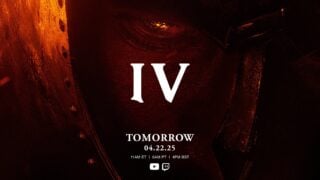Destiny 2 cheat creator agrees to pay Bungie $13.5 million in damages
Bungie claims anti-cheating tech has cost it “exorbitant amounts of money”

Bungie has won a lawsuit that will see a Destiny 2 cheat company pay it $13.5 million in damages.
The Destiny publisher filed a lawsuit in August 2021 claiming that Elite Boss Tech’s cheating software infringed on Destiny 2’s copyright.
As reported by TorrentFreak, the lawsuit has now ended with both sides agreeing to end the dispute.
As a result of the agreement, Elite Boss Tech will pay $13.5 million in statutory damages, and will be prohibited from creating, distributing or making available any future software that infringes on Bungie‘s rights.
Elite Boss Tech accepted that its cheating software both injects code into Destiny 2’s copyrighted code, and features a graphical overlay that integrates with the code.
This creates an unlicensed derivative work, and therefore counts as copyright infringement.
Elite Boss Tech also admitted that its software bypasses Bungie’s anti-hacking measures, which is a violation of the DMCA’s anti-circumvention laws.
According to an old review on Elite Boss Tech’s website, the Destiny 2 cheats gave players access to an aimbot, a radar and a warning message that shows players where the enemy that shot them is located.
The company is still selling cheats for other games, including Halo Infinite, CSGO, Dead by Daylight, Apex Legends and Warframe.

It sells individual hacks on a subscription basis for $19.95 CAD per month, or a ‘VIP subscription’ offering access to cheats for more than 20 games for $29.99 per month.
However, the agreement in the lawsuit determined that each download of the Destiny 2 cheats constituted statutory damages of $2,000. Given that the cheats were download 6,765 times, that came to a total of $13,530,000.
The agreement is the latest example of video game publishers cracking down on hackers.
Earlier this year, Gary Bowser was sentenced to 40 months in prison for his part as a member of a hacking group called Team-Xecuter, which in 2013 began creating and selling circumvention devices enabling users to play illegal ROMs on consoles, including Switch and 3DS.
Nintendo’s lawyer described the sentencing of Bowser as a “unique opportunity” to send a message about piracy.
















